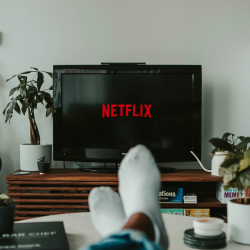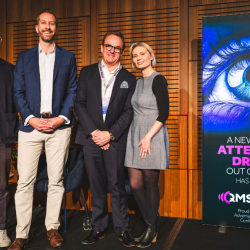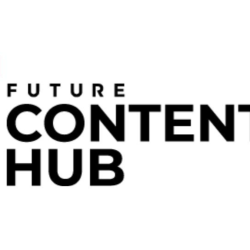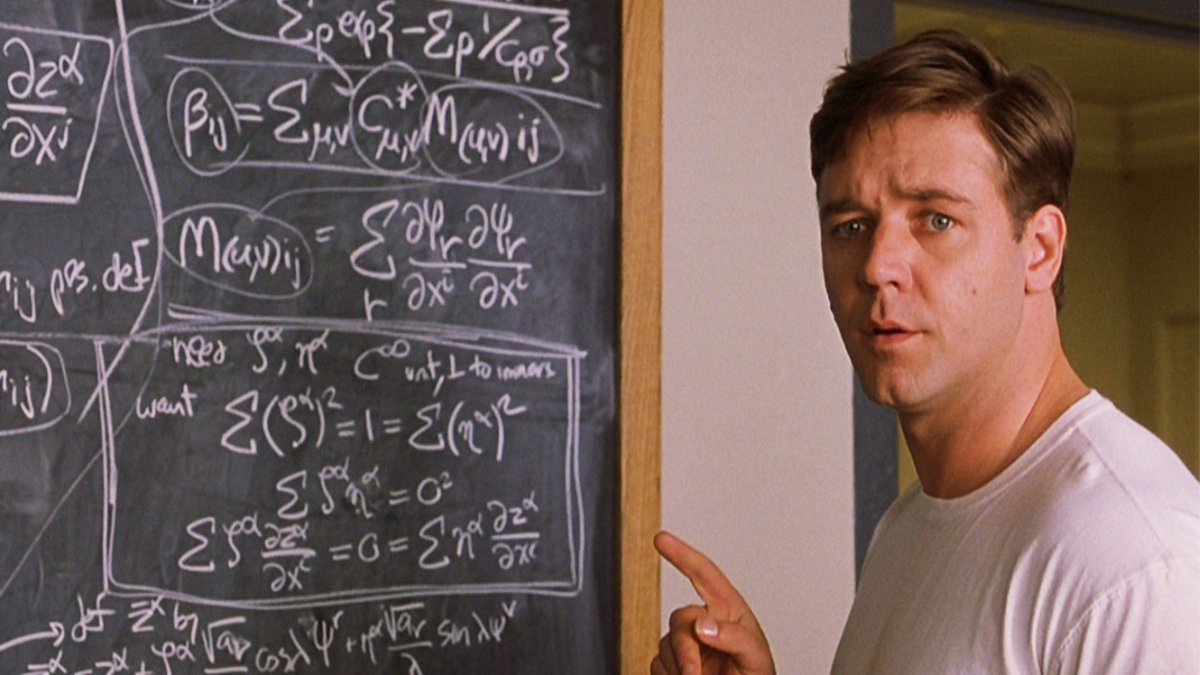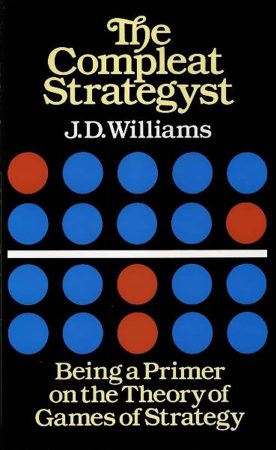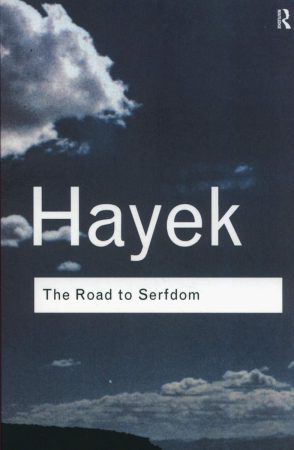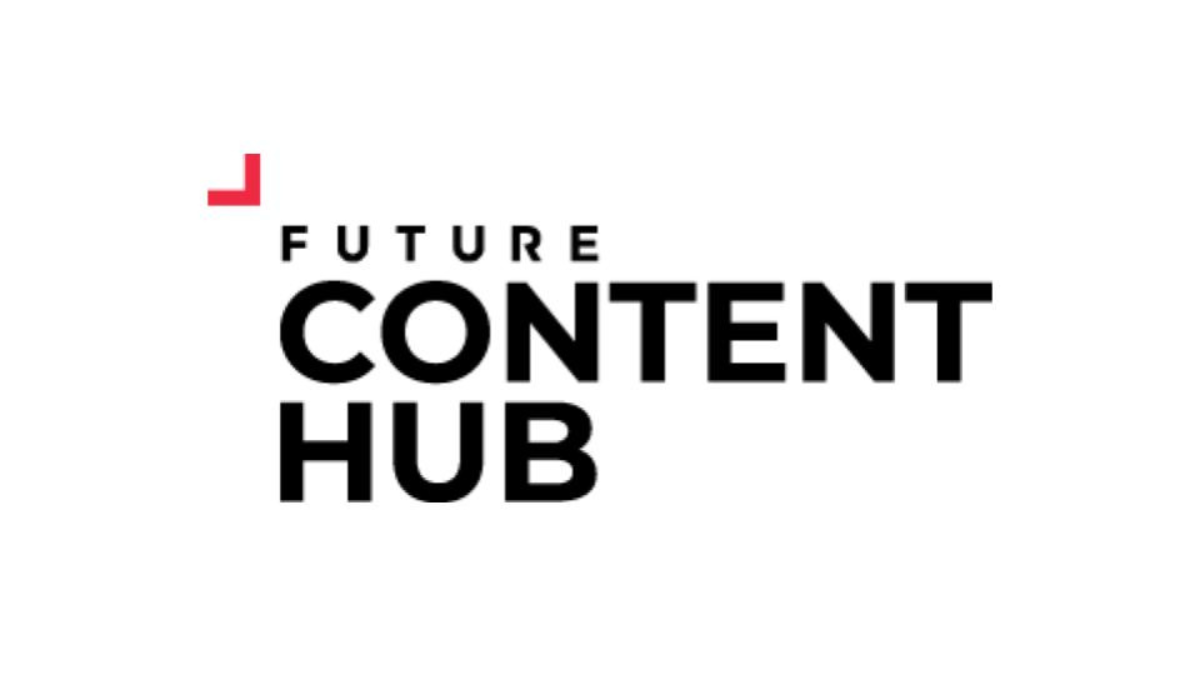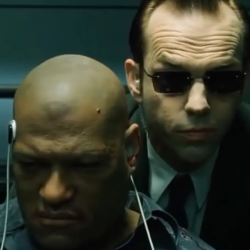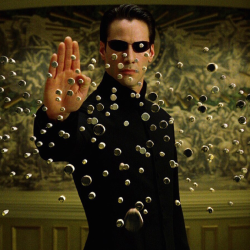There is something inherently satisfying about balance…
I suspect this is because balance contains no drama, no inevitable change, in systems and because it implies some kind of fitness in nature. Humans love symmetry, it’s one of the foundational principles of design. We are attracted to it in others (and in objects) because it communicates a sense of completeness. Most things in nature have evolved to be symmetrical, humans bilaterally so.
Within the definition cloud of the word equilibrium, there is the sense of physical balance and the balance of opposing forces but also the sense of a ‘calm state of mind’, a state of emotional or intellectual balance. The first synthesized benzodiazepine was sold under the brand name Librium for decades because it delivered a sense of calm through its sedative and hypnotic effect.
Humans don’t like being on tilt, as they say in Poker, off balance, not thinking clearly, confused by raging emotions into making the wrong decisions.
Classical normative economists are obsessed with the equilibria of ‘correct’ decisions
In the imagined world of benefit maximizing rational agents, perfect information, and agency, markets are supposed to form stable equilibria where supply and demand are perfectly matched. Everyone can buy everything that they want and can afford at the correct price. This doesn’t happen very often because the underlying assumptions are flawed by design.
These assumptions are necessary to turn human decisions into mathematical models, but in doing so they lose a great deal of fidelity to observable reality. At an individual level, our behaviour is too often modelled on the Nash equilibrium, made famous by the movie A Beautiful Mind (2001) about its creator’s descent into paranoid schizophrenia. The Nash equilibrium forces human decisions into mathematical matrices of predicted outcomes. It assumes that in interactions, people look to maximize personal gain and the equilibrium point is when no individual action can increase any individual outcome.
It is often a race to the bottom, built from Game Theory, which gave us the ideas ‘mutually assured destruction‘ and deterrence through stockpiling nuclear weapons from the Rand Corporation. John Williams adopted Game Theory for the systems analysts at there and popularized the theory outside of the academy with the publication of the delightfully titled The Compleat Strategyst including jolly illustrations.
At the heart of this thinking is the idea that humans make perfectly selfish rational decisions when balanced. This brutal interpretation, built into the foundation of economics, is the cold Randian heart of modern neoliberalism.
It is not from the benevolence of the butcher, the brewer, or the baker, that we expect our dinner, but from their regard to their own interests.
Adam Smith
This is taken to extremes modern neo-liberal interpretations making a god of the market and self interest, because of its supposedly efficient allocation of resources without any allowance for emotion or irrationality. The overlooked 2002 movie Equilibrium imagines a dystopia where all emotions are illegal. It’s not a neo-liberal paradise of efficient markets. In fact, markets often fail, especially when speculation drives purchases rather than immediate needs.
Consider stocks or ‘stonks’ (‘The reality is that financial markets are self-destabilizing; occasionally they tend toward disequilibrium, not equilibrium.’ Soros), education, property, shitcoins. Even the founding mind behind neoliberalism, Frederick von Hayek, accepted that the market could not produce ‘public goods‘ like roads and schools in the The Road to Serfdom, but modern proponents have no room for nuance or history.
In the rational agent assumption stack, the only role for advertising is to provide information — but this flies in the face of decades of research and experience that demonstrate rational persuasion is a poor driver of choice, and that emotions always win out. The stack lacks balance and renders that which can’t be rationally explained about humanity first irrelevant, then invisible, and finally impossible.
Strategy requires balance
You have certain resources and objectives and you marshal the former to achieve the latter. Clients and strategists require balance, as in its lesser known meaning as ‘the power or means to decide.’ ‘The strategy is not a long planning document; it is a set of interrelated and powerful choices that positions the organization to win‘ [Roger Martin]. It must allocate resources, up to and including the media mix for promotion. Clients seek equilibrium, not an equal allocation of everything, but a relevant mix of the key interacting elements that drive growth, incorporating the messy reality of humanity in order to do so.
This is difficult in the modern agency landscape of innumerable specialist agencies. As agencies fragmented, every discipline fielded strategists to swim upstream.
Any discipline specific strategist is cognitively and commercially biased towards solutions their agency provides, which inevitably makes their recommendations unbalanced. A few years ago the world’s largest fizzy drinks manufacturer approached us with a brief to rethink their communication planning process. They had lots of excellent agencies on their roster and had previously briefed them collectively to come up with a process. The client confided in us that every agency had attempted to sidebar with the client, to insist that their agency should come first. Obviously.
Ideally, the balance of opposing recommendations should create some kind of equilibrium to navigate the strategy portfolio available to each brand in each situation, but the commercial pressure on agencies means they have to fight ever harder for budget. This is what drives the trend towards single P&L horizontal structures, to remove one set of incentives that leads to a lower Nash equilibrium for clients, in the hope of finding another, better point in the fitness landscape that improves their balance sheet.
Featured image: A Beautiful Mind (2001)


